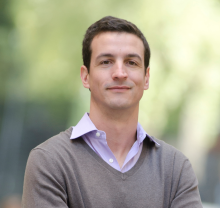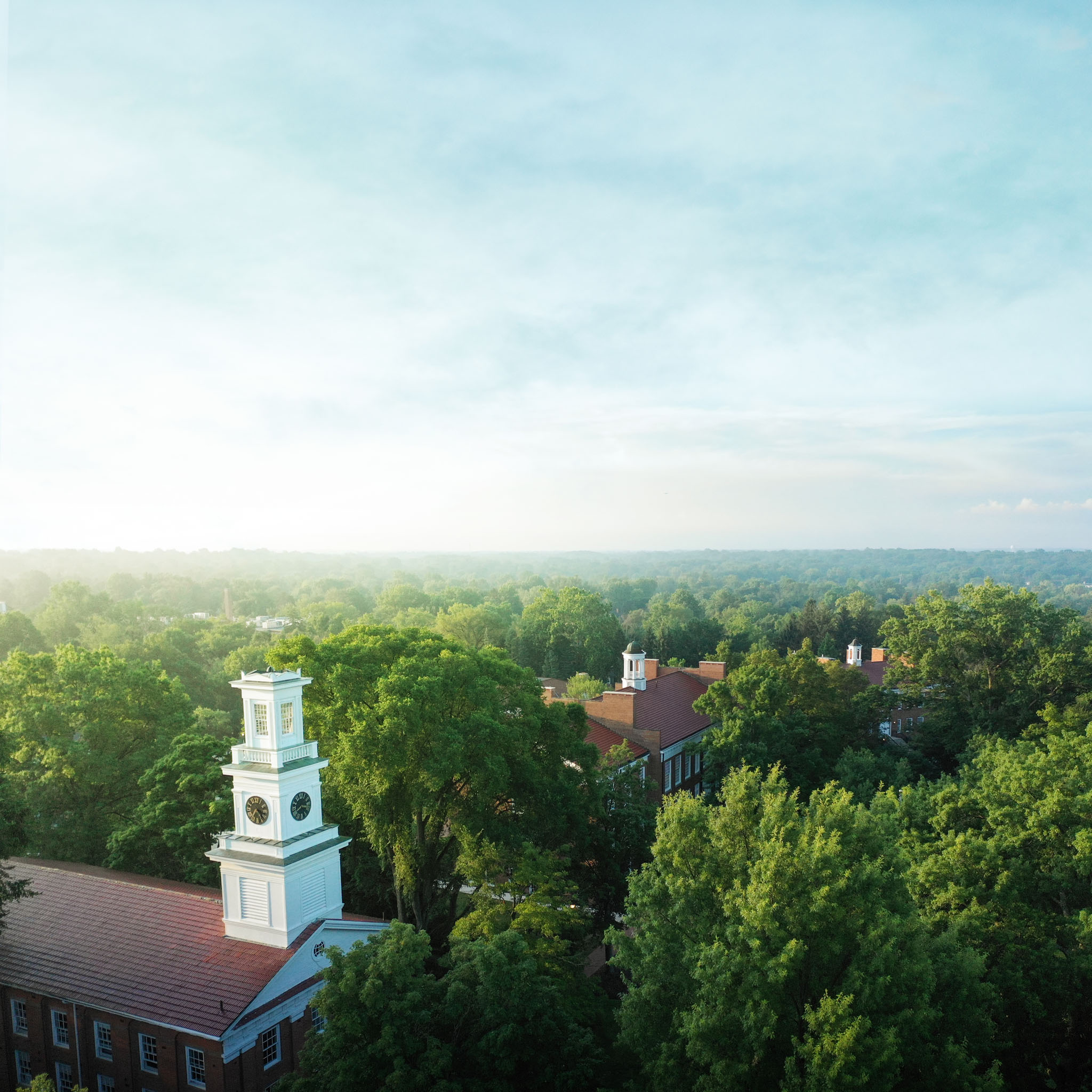
Joe Diaz has been to every corner of the globe, but admits he is not a “country counter.” It’s not bragging rights, social media posts or passport stamps that motivate him, it’s people and his belief in their inherent goodness.
“Ninety-nine point five percent of the people in the world are here to help you,” Diaz says. “I tend to think about travel not in terms of how many places you’ve seen, but how many kitchen tables you’ve sat around. How deep did you really go into understanding people or a culture? Travel is about depth, not necessarily breadth.”
In this year themed around community at WRA, Diaz’s belief in our global one will be resonant for a group of graduates ready to take on the world.
Diaz co-founded AFAR in 2009, and has built it into a leading media brand for travelers who care. Afar believes in the power of travel to make the world a better place through experiences that enrich the traveler personally, directly support communities visited and are sensitive to the effects on our planet.
Diaz’s thirst for knowledge and understanding through travel took root in his family, with a mother who loved to globe trot, and continued during his work with Teach for America, after graduating from Duke University. Among his most meaningful trips were visits to India and Egypt. On both trips, political changes were afoot. It was this social climate that allowed Diaz to put his own eyes on current events, getting what he calls “the real pulse,” unfiltered accounts on the ground.
In fact, Diaz sees travel as an antidote to fear, trepidation that can be stoked by what we see in second-hand accounts of what’s happening in the world. “There is this narrative that the world is a scary place, but to me, the most dangerous worldview is of those who have never viewed the world. Travel puts you in places that are unfamiliar, and I believe it actually helps people fear less.”
Diaz was always unafraid and entrepreneurial, saying, “My nature is to zig when everyone is zagging.” There were plenty of media properties covering destinations, but he envisioned something different, rooted in higher purpose, trust in humanity, vulnerability and service. He began to build a cadre of correspondents who just might experience things differently, in ways that were illuminative.
“One of our best writers is blind. His ability to telegraph travel from every sensory standpoint but vision was a whole new way of thinking and reporting.”
In the end, it comes back to community building for Diaz, and we can’t wait to hear how his avenue to community — travel — can guide our Pioneers as they forge their next paths. “Humans crave immersion and connection; with this comes empathy and understanding. Travel is a mindset — not something you should limit to a couple of times a year.” For a set of students from around the country and the world, we expect this message will be especially impactful.
Diaz has been featured in The New York Times, Fast Company, CNN, The Today Show, CBS Sunday Morning and speaking engagements around the world. We can’t wait to welcome him to our corner of it.





















